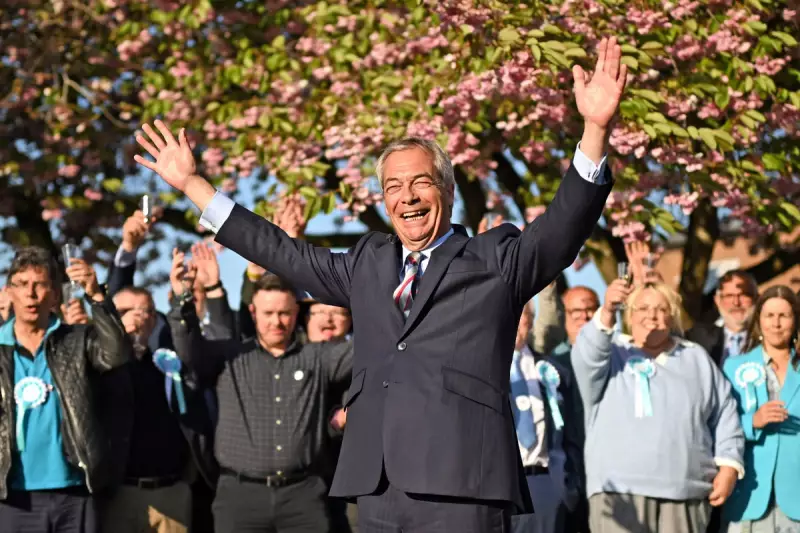
Nigel Farage, the outspoken leader of Reform UK, has made bold claims about his party's growing appeal among traditional Labour voters. According to recent polling data, Reform UK is reportedly gaining traction in areas once considered Labour strongholds.
Farage, never one to shy away from controversy, stated that his party's message is resonating with disillusioned voters across the political spectrum. "We're seeing something remarkable happening," he declared. "People who've voted Labour all their lives are now considering Reform UK as a viable alternative."
Shifting Political Landscape
The polling figures suggest a potential seismic shift in British politics. While Labour still maintains a lead in national polls, Reform UK appears to be chipping away at their support base in key constituencies.
Political analysts are divided on whether this represents a temporary protest vote or a more fundamental realignment. Some point to dissatisfaction with both major parties as creating an opening for smaller movements like Reform UK.
Labour's Response
Labour officials have downplayed the significance of these claims, arguing that their core support remains solid. A party spokesperson stated: "We're focused on delivering real change for working people, not reacting to every opinion poll."
However, privately some Labour strategists are reportedly concerned about losing working-class voters to Reform UK's populist message, particularly in post-industrial areas.
What This Means for the Next Election
The potential fragmentation of the Labour vote could have significant implications for the next general election:
- Reform UK may act as a spoiler in marginal constituencies
- Traditional Labour voters might stay home rather than switch allegiance
- The Conservative Party could benefit from a divided opposition
As the political landscape continues to evolve, all parties will be watching these trends closely in the run-up to the next election.





